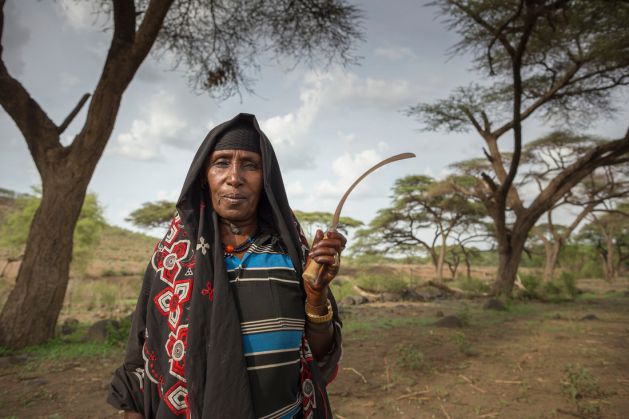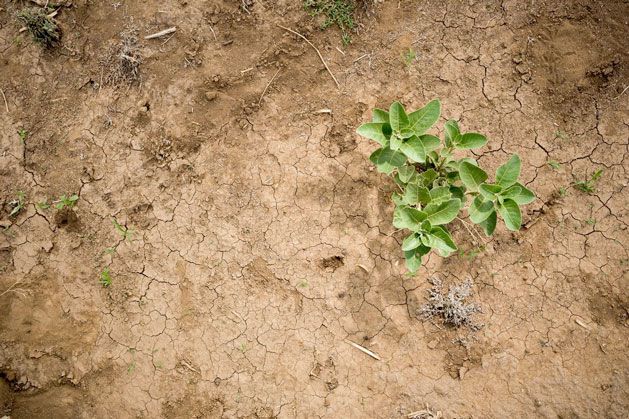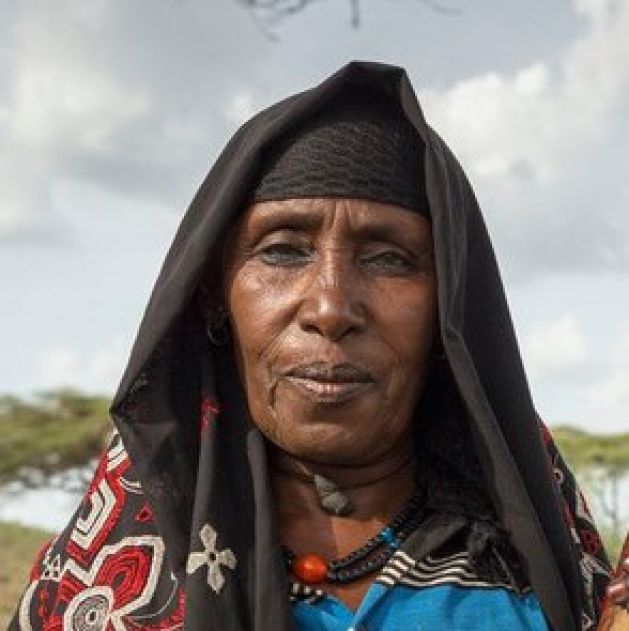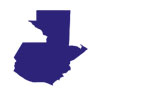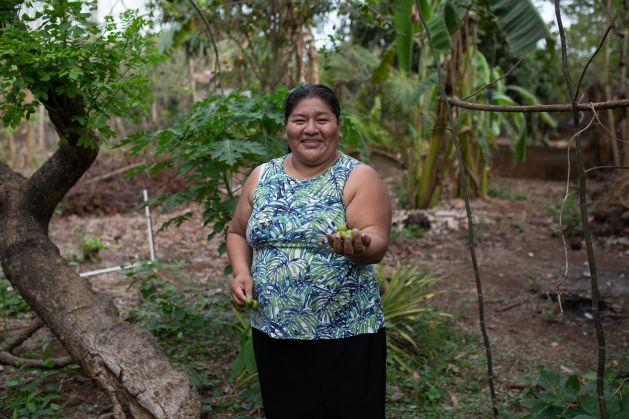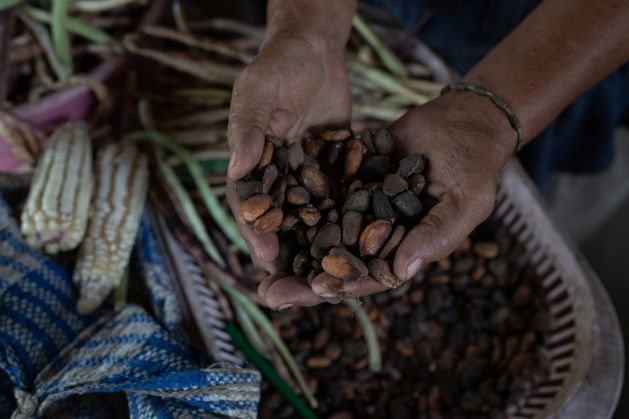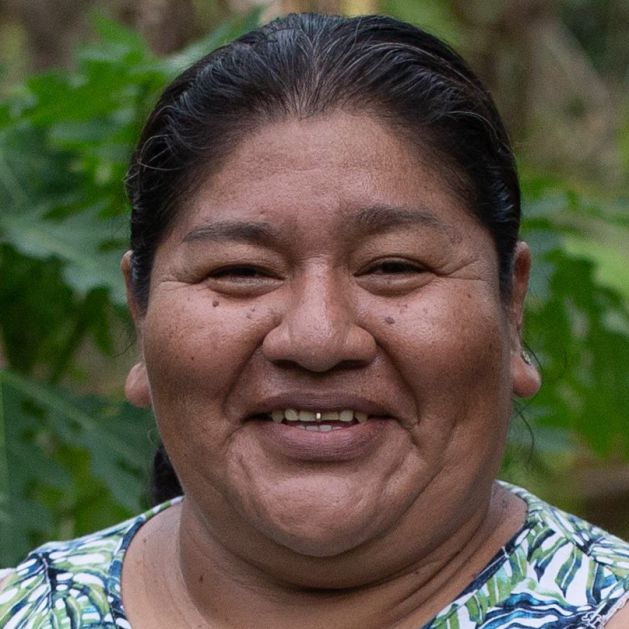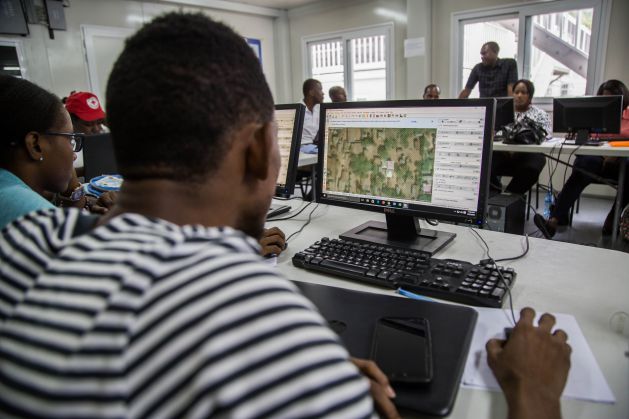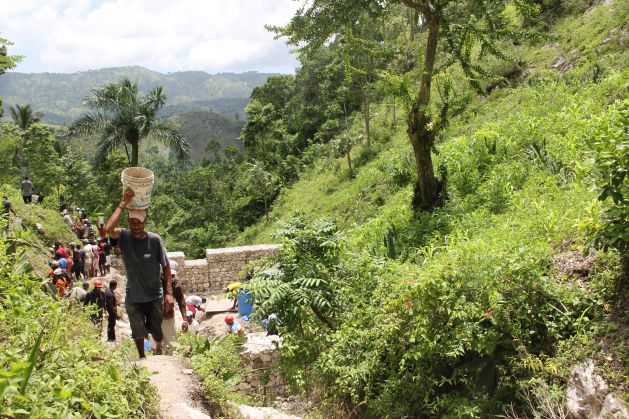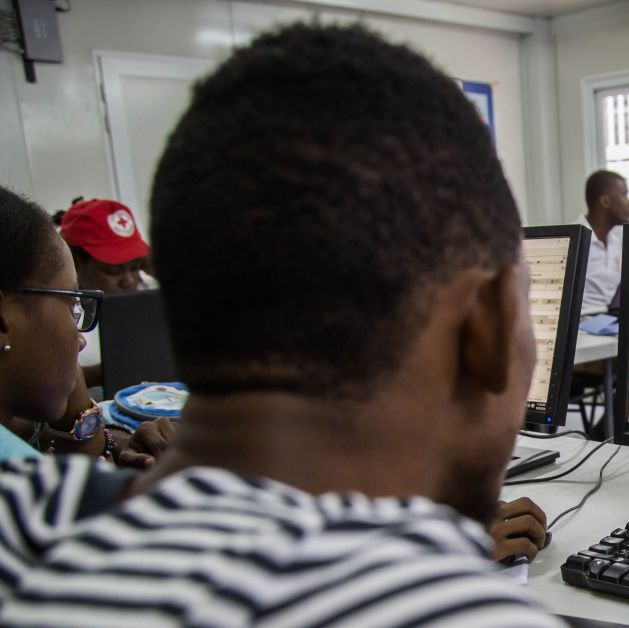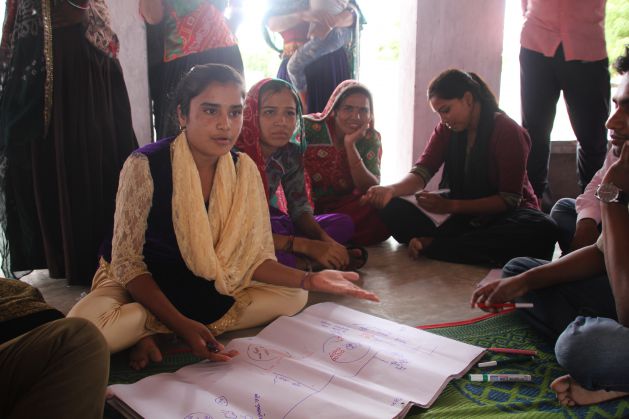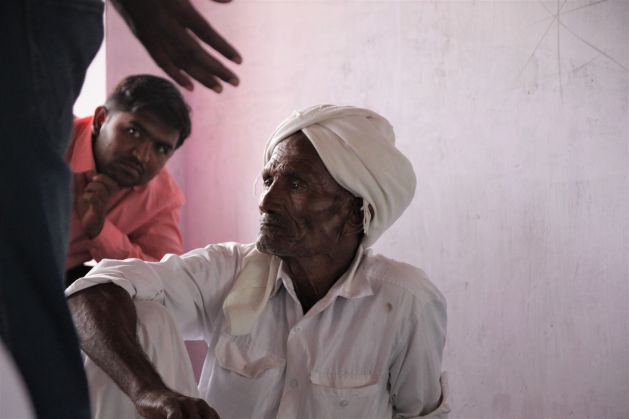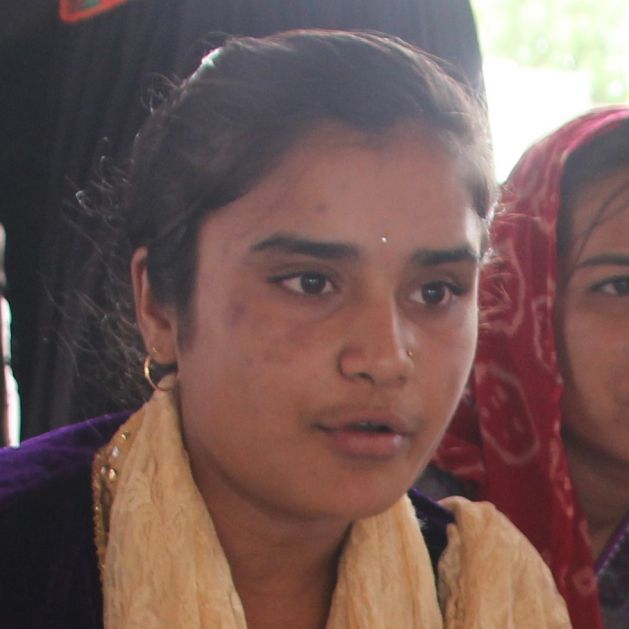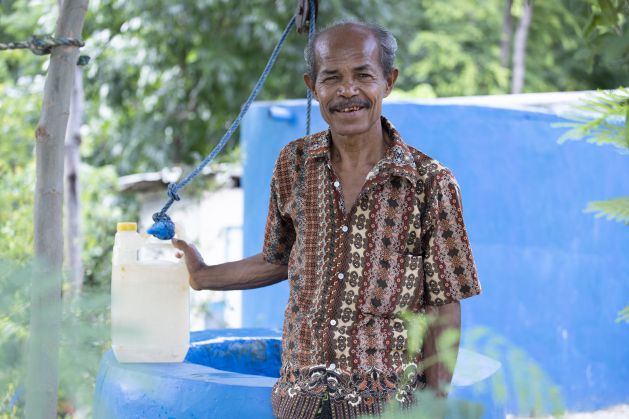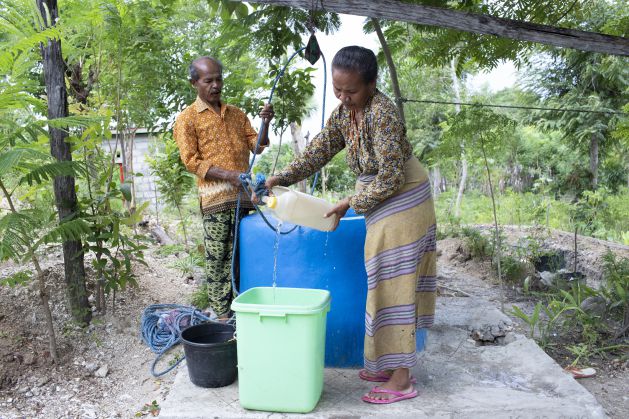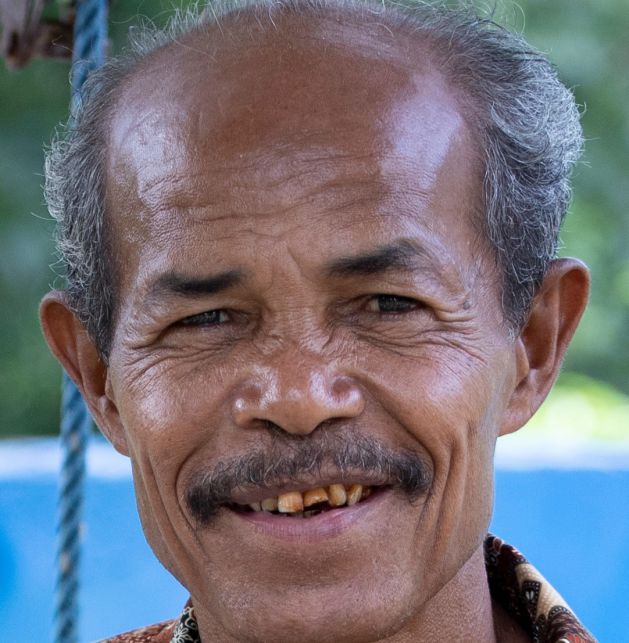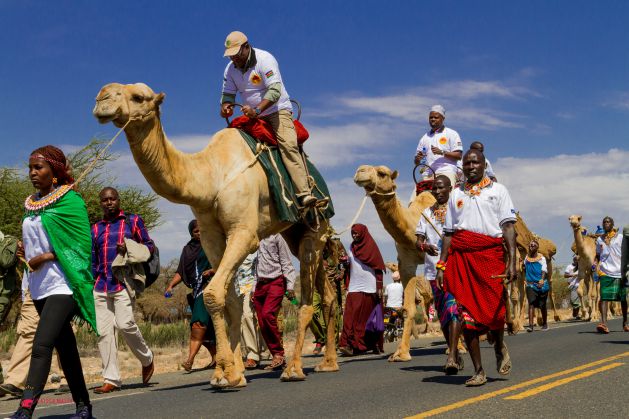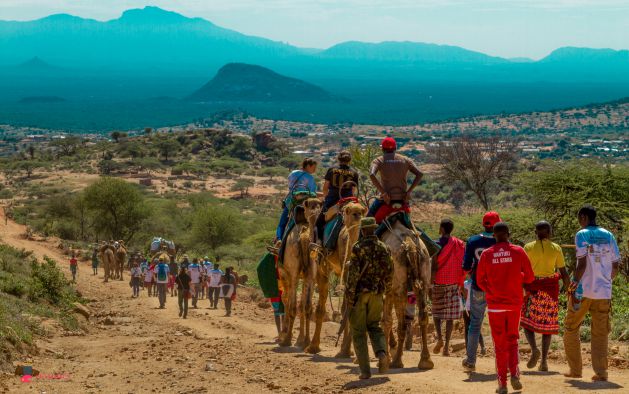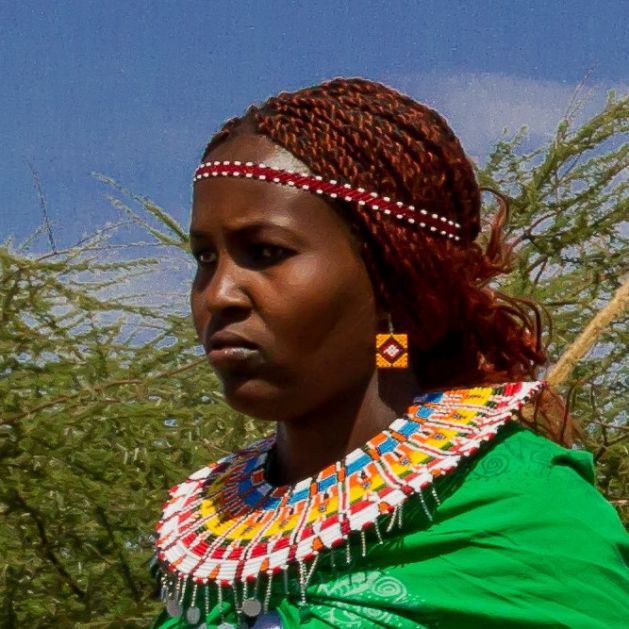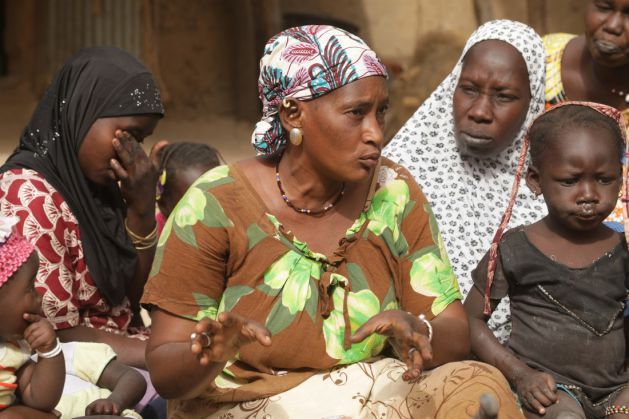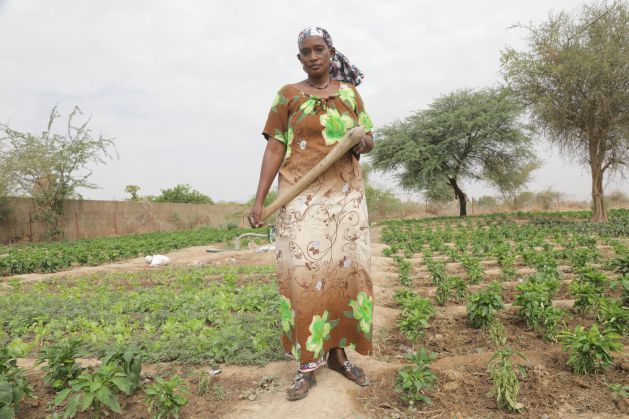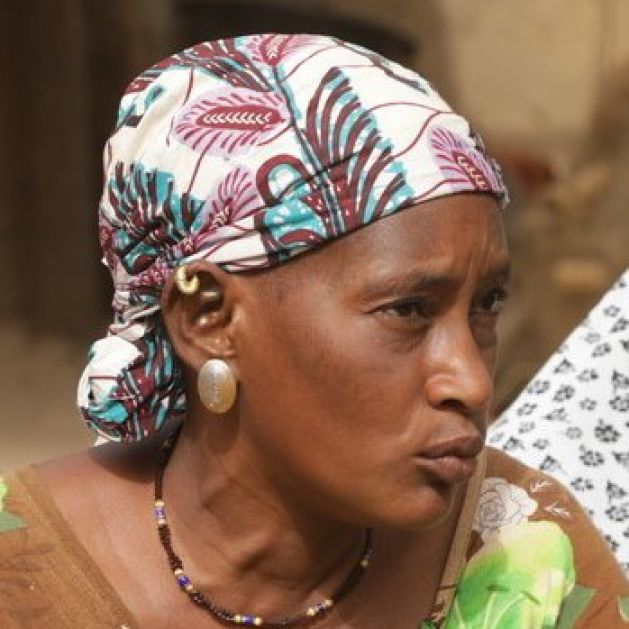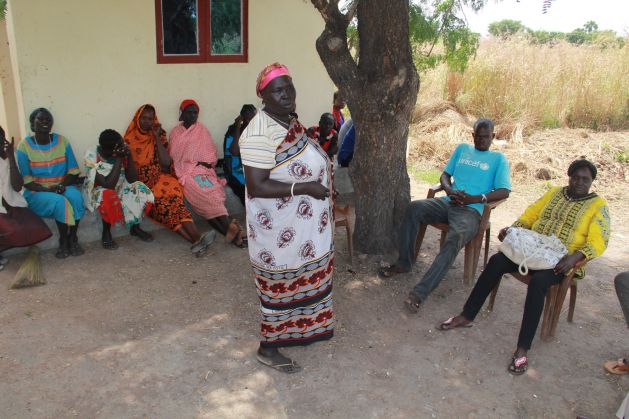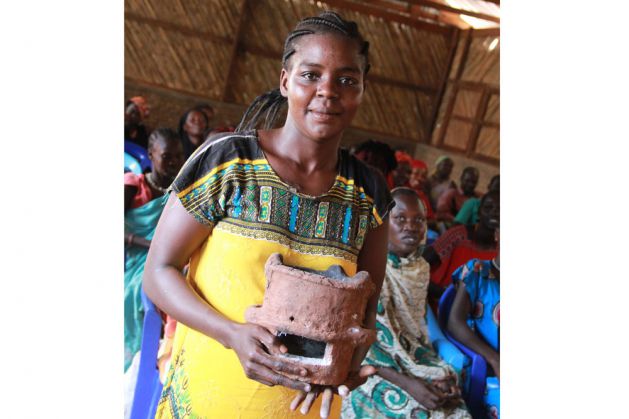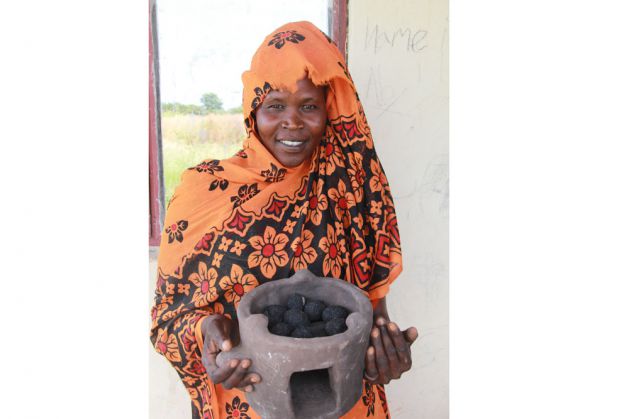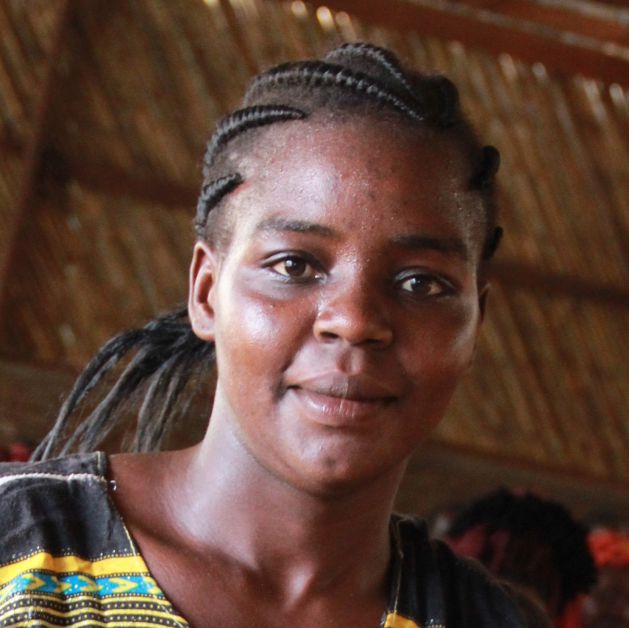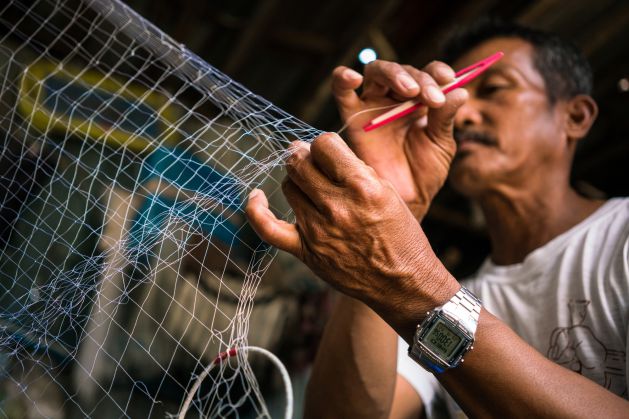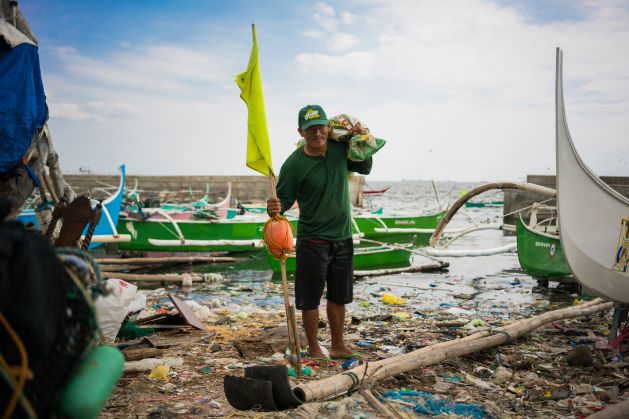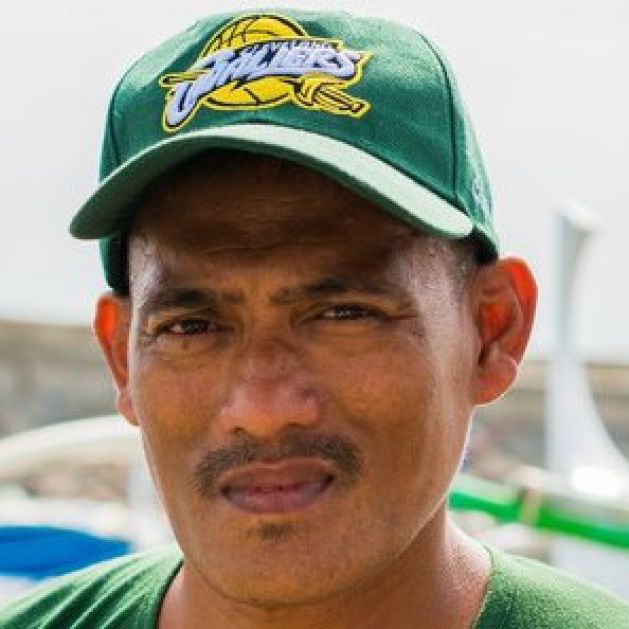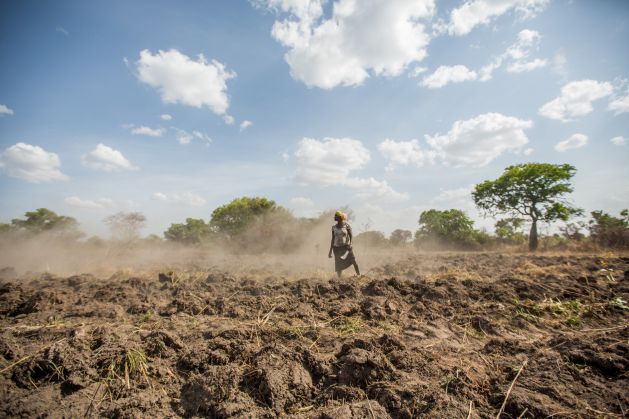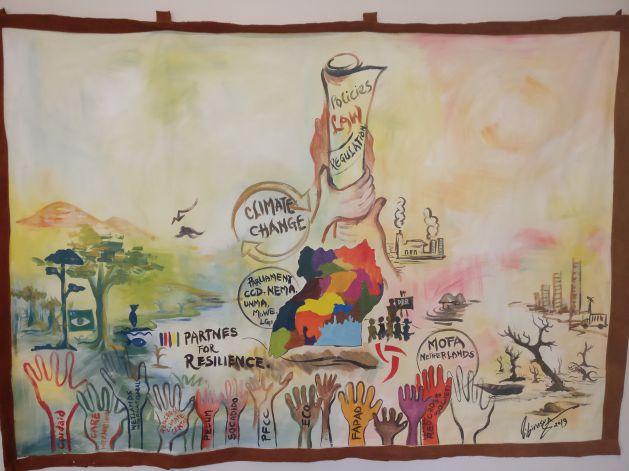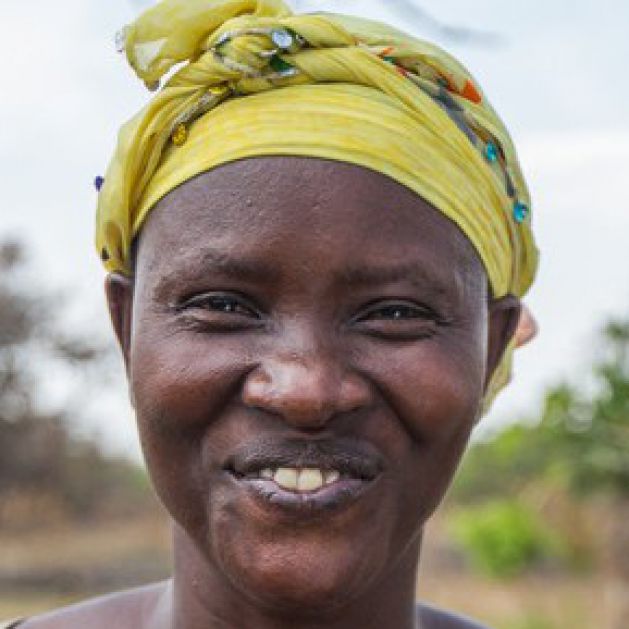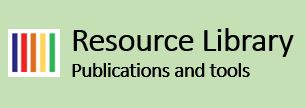

Kelle was just a child in 1986, when an attack from Karamojong pastoralists forced her and her family to flee from her home in the Lango region of Uganda to Internally Displaced People’s camps. When Kelle’s community returned to their village, the landscape—once bushy with huge trees, lots of grass and vegetation—had changed. The community resorted to negative coping activities, like charcoal and bush burning, to sustain themselves.
Partners for Resilience offered to train the community on the importance of preserving the swamps and planting trees, and created an income-generating opportunity through beekeeping. Kelle is now a courageous and strong-willed 40-year-old farmer who grows rice and cassava. She earns additional money from beekeeping and selling the honey locally. But the threat of climate change is a challenge requiring concerted effort and national will. In consultations about the National Climate Change Bill in Uganda, Partners for Resilience shared the experience of Kelle and her community in dealing with droughts. It lobbied for the bill to include gender as a priority area and to provide for the sustainable use of forests and wetlands. In this way the knowledge of the global partnership was combined with local knowledge in the National Climate Change Bill.
For Kelle and her community, resilience means having their voices heard at national and global levels.
Kelle was nog maar een kind in 1986, toen een aanval van Karamojong haar en haar familie dwong om haar huis in de Lango-regio van Oeganda te ontvluchten naar kampen voor intern ontheemden. Toen de gemeenschap van Kelle terugkeerde naar hun dorp, was het landschap - ooit bosrijk met enorme bomen, veel gras en vegetatie - veranderd. De gemeenschap nam haar toevlucht tot negatief overlevingsgedrag, zoals het branden van houtskool en het platbranden van struiken voor akkerland.
Partners for Resilience bood aan de gemeenschap te trainen in het behoud van moerassen en het planten van bomen, en creëerde een mogelijkheid om inkomsten te genereren door bijenteelt. Kelle is nu een moedige en eigenzinnige 40-jarige boerin die rijst en cassave verbouwt. Ze verdient extra geld door de bijenteelt en de honing lokaal te verkopen.
Maar de dreiging van klimaatverandering is een uitdaging die gezamenlijke inspanning en nationale wil vereist. In de ontwikkeling van de Nationale Klimaatwet in Oeganda deelde Partners for Resilience de ervaring van Kelle en haar gemeenschap in het omgaan met droogte. Partners for Resilience lobbyde om gender als prioriteitsgebied op te nemen in het wetsvoorstel en te zorgen voor een duurzaam gebruik van bossen en wetlands. Zo kwam de kennis van het mondiale partnerschap samen met lokale kennis in de Nationale Klimaatwet.
Voor Kelle en haar gemeenschap betekent weerbaarheid: dat hun stem wordt gehoord op nationaal en mondiaal niveau.





